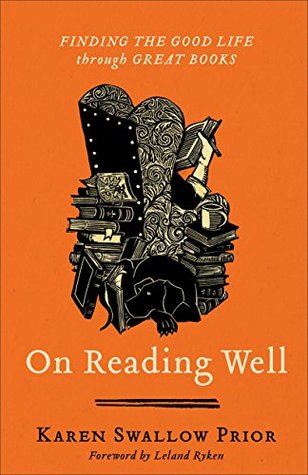More on this book
Community
Kindle Notes & Highlights
“Since therefore the knowledge and survey of vice is in this world so necessary
to the constituting of human virtue, and the scanning of error to the confirmation of truth, how can we more safely, and with less danger, scout into the regions of sin and falsity than by reading all manner of tractates and hearing all manner of reason? And this is the benefit which may be had of books promiscuously read.”1
Certainly, some reading material merits a quick read, but habitual skimming is for the mind what a steady diet of fast food is for the body.
When you read quickly, you aren’t thinking critically or making connections. Worse yet, “speed-reading gives you two things that should never mix: superficial knowledge and overconfidence.”
Reading well adds to our life—not in the way a tool from the hardware store adds to our life, for a tool does us no good once lost or broken, but in the way a friendship adds to our life, altering us forever.
The content of a literary work is what it says; its form is how it is said.
we are what we repeatedly do.
Without knowing what the purpose of a bicycle is, we cannot determine its excellence. Similarly, we can hardly attain human excellence if we don’t have an understanding of human purpose.
Satire points to error, and allegory points to truth, but both require the reader to discern meaning beyond the surface level.
Cultivating and exercising wisdom is harder than consulting a rule book.
cardinal originally meant “hinge” or “pivot.”
Virtue requires judgment, and judgment requires prudence. Prudence is wisdom in practice. It is the habit of discerning the “true good in every circumstance” and “the right means of achieving it.”


